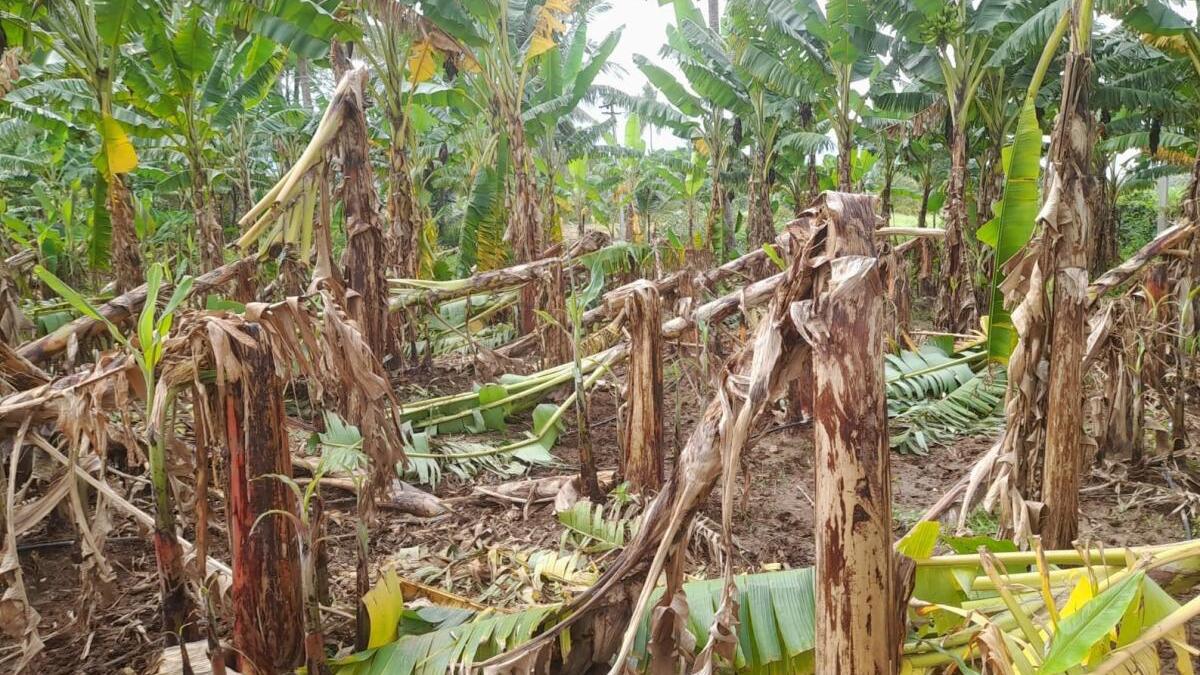
Farmers seek changes in Tamil Nadu’s wild boar culling order as worst affected areas fall within 3 km of forest limits
The Hindu
Farmers in Coimbatore district oppose Tamil Nadu government's order on wild boar culling.
A cross-section of farmers from Coimbatore district is unhappy with the Tamil Nadu government’s order on regulated culling of wild boars that enter farmland three km off reserve forest boundaries, as the worst affected areas fall within three km of forest limits.
As per the order, culling of wild boars by specially trained Forest Department staff is allowed in Zone C (beyond three km of forest limits). While culling is prohibited in Zone A (within one km), the order recommends capture and release of wild boars in forest areas if they are found in Zone B (one to three km).
In Thadagam Valley in the district, many villages, including Veerapandi Pudur, Kalayanur, Somayanur, Nanjundapuram and Varapalayam fall within three km from the forest boundary and are affected by large-scale crop damage by wild pigs.
Several villages in Thondamuthur, Madukkarai, Karamadai, Mettupalayam and Sirumugai in the district also fall within the three km radius and affected by wild boar menace, as they damage all types of vegetables, groundnut, maize, sugarcane and banana, say farmers.
“Farmlands affected by wild boars largely fall within the three km radius. However, the government order does not allow culling within this range. If the government is stern with its decision, it should at least make changes in the order so as to capture wild pigs that are seen within the three km and release them deep inside forests,” said G. Ranganathan, State executive committee member of Thamizhaga Vivasayigal Sangam.
According to him, wild boars were coming to his farm at Idikarai near Coimbatore, which is located five km away from the forest boundary. Besides damaging crops, they also rummage through farmyard manure stored near cowsheds in search of earthworms and cause various nuisances.
“Another major problem being faced by farmers is that labourers hesitate to come for work due to the presence of wild boars in farms where they are getting colonised. They fear attack from the wild pigs,” added Mr. Ranganathan.




















 Run 3 Space | Play Space Running Game
Run 3 Space | Play Space Running Game Traffic Jam 3D | Online Racing Game
Traffic Jam 3D | Online Racing Game Duck Hunt | Play Old Classic Game
Duck Hunt | Play Old Classic Game











